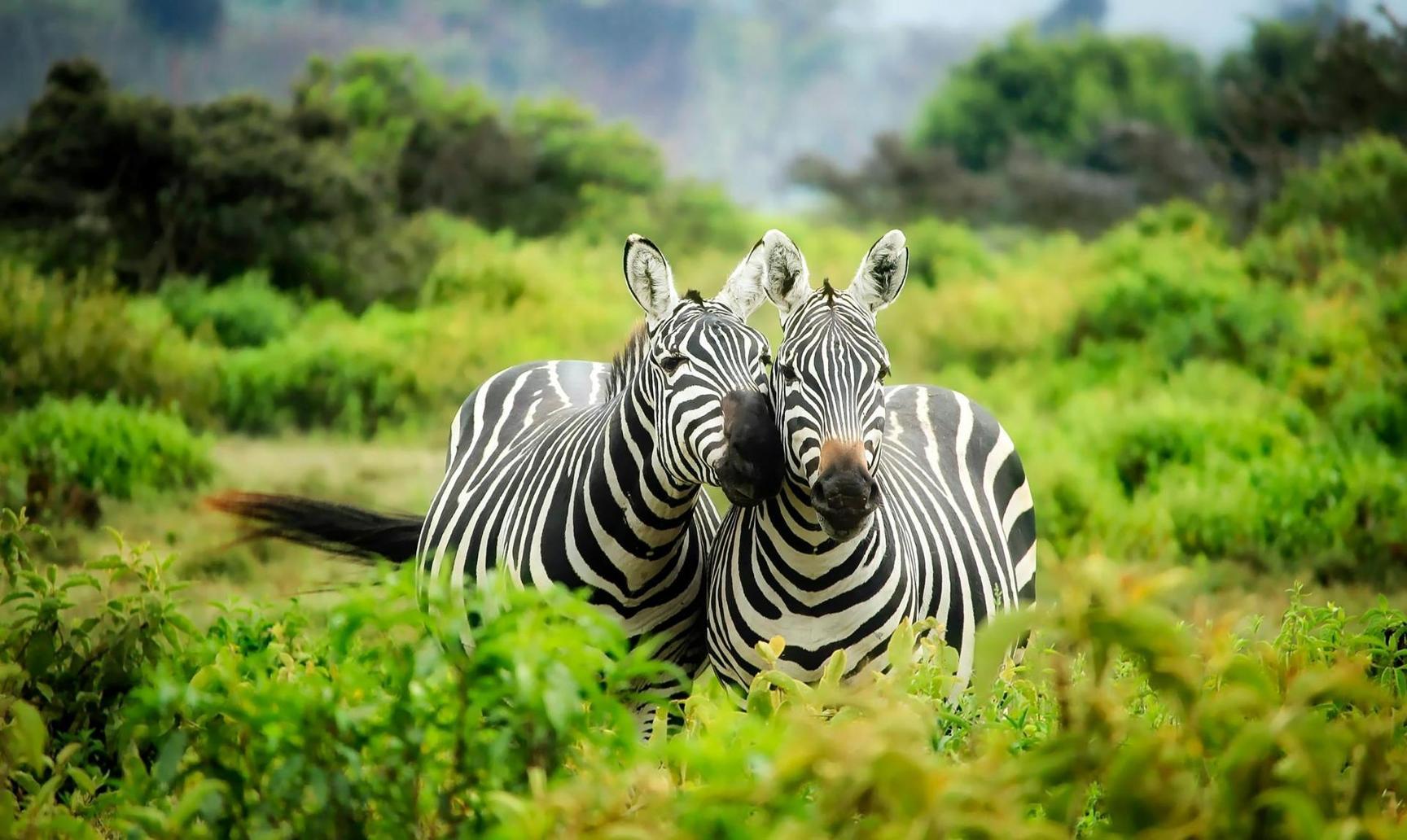Africa-Press – Kenya. TANZANIA and Kenya have announced a joint bid to champion digital public infrastructure, a regional command and control centre to address human-nature conflicts in Africa, as per the Lusaka Agreement
Known officially as the Lusaka Agreement on Cooperative Enforcement Operations directed at Illegal trade in wild fauna and flora, it is a treaty focused on combating illegal wildlife trade.
Signed in Lusaka, Zambia, in 1994 it is administered by the Lusaka Agreement Task Force (LATF).
Speaking at the event, the Tanzania’s Minister for Natural Resources and Tourism who is also the current President of Lusaka Agreement Governing Council, Dr Pindi Chana stressed the need to act with urgency.
“Digital tools and regional cooperation will allow us to detect, prevent, and respond to environmental crimes more effectively, safeguarding both livelihoods and biodiversity,” she stated.
On her side, Kenya’s Cabinet Secretary in the Ministry of Tourism and Wildlife, Rebecca Miano said that human-nature conflict is not merely a conservation challenge-it is a development, security, and governance issue.
“A unified digital enforcement infrastructure is vital to breaking the chain of trafficking and environmental degradation,” she said.
Emphasizing on the matter, Director of the Lusaka Agreement Task Force (LATF), Edward Phiri, noted that illegal wildlife trade, land pressure, and climate-driven conflict are interconnected challenges and Africa must leverage Digital Public Infrastructure and establish a Regional Command and Control Centre to connect enforcement, conservation, and development sectors in real time.
The agreement came due to the escalating in scale and complexity of human-nature conflicts across the African region
According to the two countries, from human-wildlife conflict driven by habitat loss, poaching and the illegal wildlife trade to agro-pastoral tensions over dwindling grazing land and water, and land-use change spurred by rapid population growth end expending commercial agriculture, the pressures ere exacting a heavy toll on the systems of governance, the health of the economy and the Integrity of the environment.
During the high-level thematic event at TICAD 9, dedicated to the establishment of the Digital Public Infrastructure (DPI) and Regional Command and Control Centre for Addressing Human-Nature Conflicts in Africa that was held in Yokohama, Japan on Wednesday, it was revealed that Kenya alone spends approximately 7m/-US Dollars annually compensating victims of human-wildlife conflict, while poaching and illicit wildlife trade are eroding biodiversity and undermining tourism across the continent.
Moreover, the meeting said that climate change further magnifies the challenges, accelerating habitat degradation and intensifying competition for scarce resources while the documentation of such conflicts remains inconsistent and fragmented.
It was also noticed that the key barrier is the absence of systematic data compilation and effective cross-border information sharing problems rooted in the fact that the conflicts cut across multiple ministries and require a seamless, integrated response.
However, President of the Remote Sensing Technology Center of Japan (RESTEC), Kename Ikeda reiterated RESTEC’s support to African countries in capacity development and the implementation of Digital Public Infrastructure (DPI) by leveraging remote sensing technology and satellite observed data to address human-nature conflicts through an evidence-based intervention approach.
Building on six years of dedicated research and Innovation in satellite remote sensing, artificial Intelligence, and geospatial cloud computing, RESTEC has contributed to key initiatives, including the 2019 Pan-Africa Conference and TICAD 7 and 8 side events, that led to the development of a command-and-control centre concept.
Founded In 1994 under a UNEP-led Initiative, the Lusaka Agreement Task Force {LATF) serves as the Secretariat and enforcement arm of the Lusaka Agreement on Cooperative Enforcement Operations Directed at Illegal Trade in Wild Fauna and Flora.
Comprising six active member states and three signatories, LATF is a multilateral enforcement body in Africa mandated to conduct transboundary operations against wildlife and other environmental crime.
In partnership with Its member states and global collaborators, LATF is spear heading the establishment of a Regional Command and Control Centre and Digital Public Infrastructure (DPI) to address the urgent, continent-wide need for coordinated, data-driven responses to escalating threats, including human-wildlife conflict, cross-border poaching, agro-pastoral disputes, and environmental degradation.
For More News And Analysis About Kenya Follow Africa-Press






